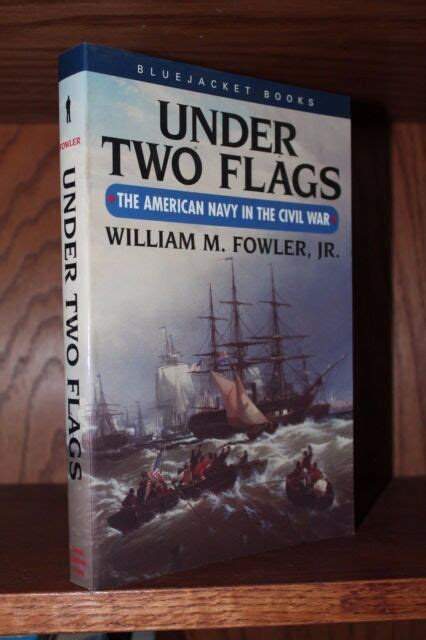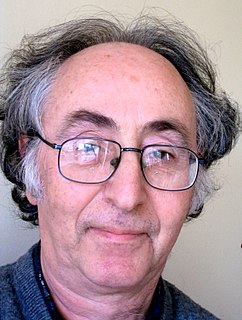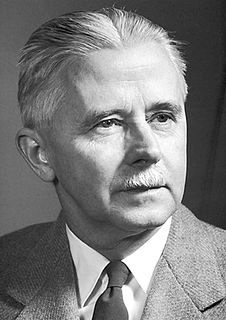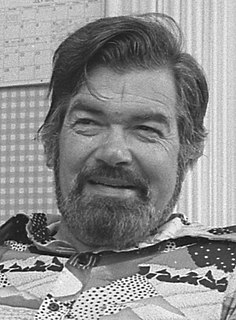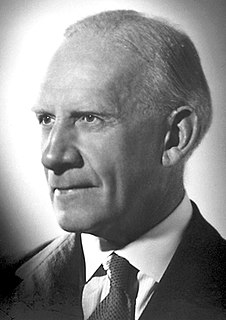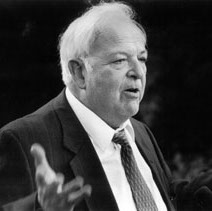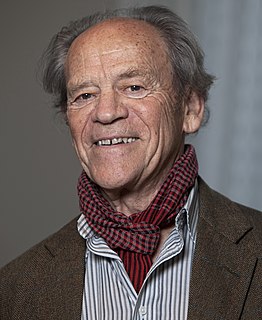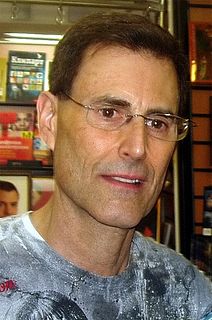A Quote by William M. Fowler
From him [Wilard Bennett] I learned how different a working laboratory is from a student laboratory. The answers are not known!
[While an undergraduate, doing experimental measurements in the laboratory of his professor, at Ohio State University.]
Related Quotes
I grew up in Muenchen where my father has been a professor for pharmaceutic chemistry at the university. He had studied chemistry and medicine, having been a research student in Leipzig with Wilhelm Ostwald, the Nobel Laureate 1909. So I became familiar with the life of a scientist in a chemical laboratory quite early.
When one studies strongly radioactive substances special precautions must be taken if one wishes to be able to take delicate measurements. The various objects used in a chemical laboratory and those used in a chemical laboratory, and those which serve for experiments in physics, become radioactive in a short time and act upon photographic plates through black paper. Dust, the air of the room, and one's clothes all become radioactive.
When I was in graduate school at MIT I was trying to think about how to develop software and systems for farmers and villagers in India. In the process of doing that, I realized that my reference point was internal to the laboratory, rather than in the communities that I was wanting to serve. I realized that I could no longer assume what a good technology looks like from inside the laboratory; instead, I had to be in the world with people. Not just designing for them but with them.
Scientists want full proof under laboratory conditions. And the answer is very simple: When Im put under pressure, I cant perform. Even the phenomenon Im most known for. When Im on stage, Im not under pressure and it happens. In other important places, it happens. But in a laboratory where I really want it to happen, its very hard for me.
In my own house I rigged up a laboratory and studied chemistry in the evenings, determined that there should be nothing in the manufacture of steel that I would not know. Although I had received no technical education I made myself master of chemistry and of the laboratory, which proved of lasting value.
